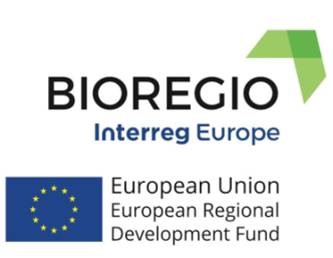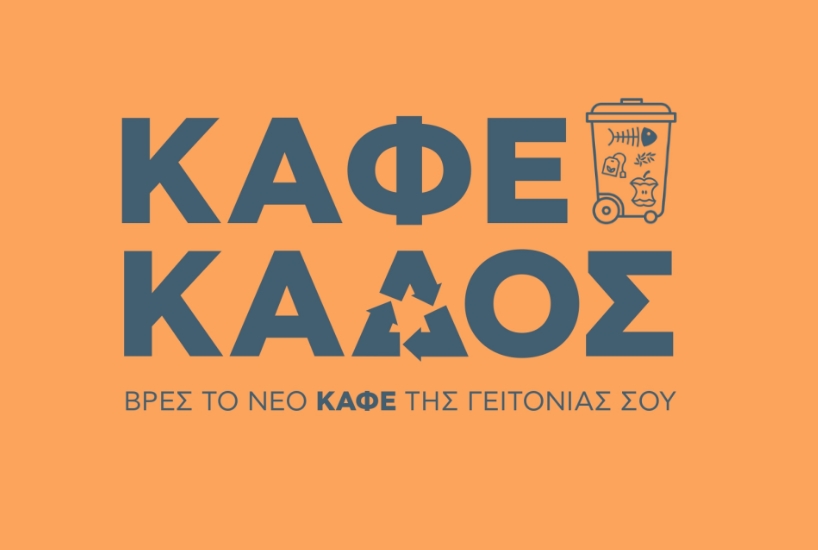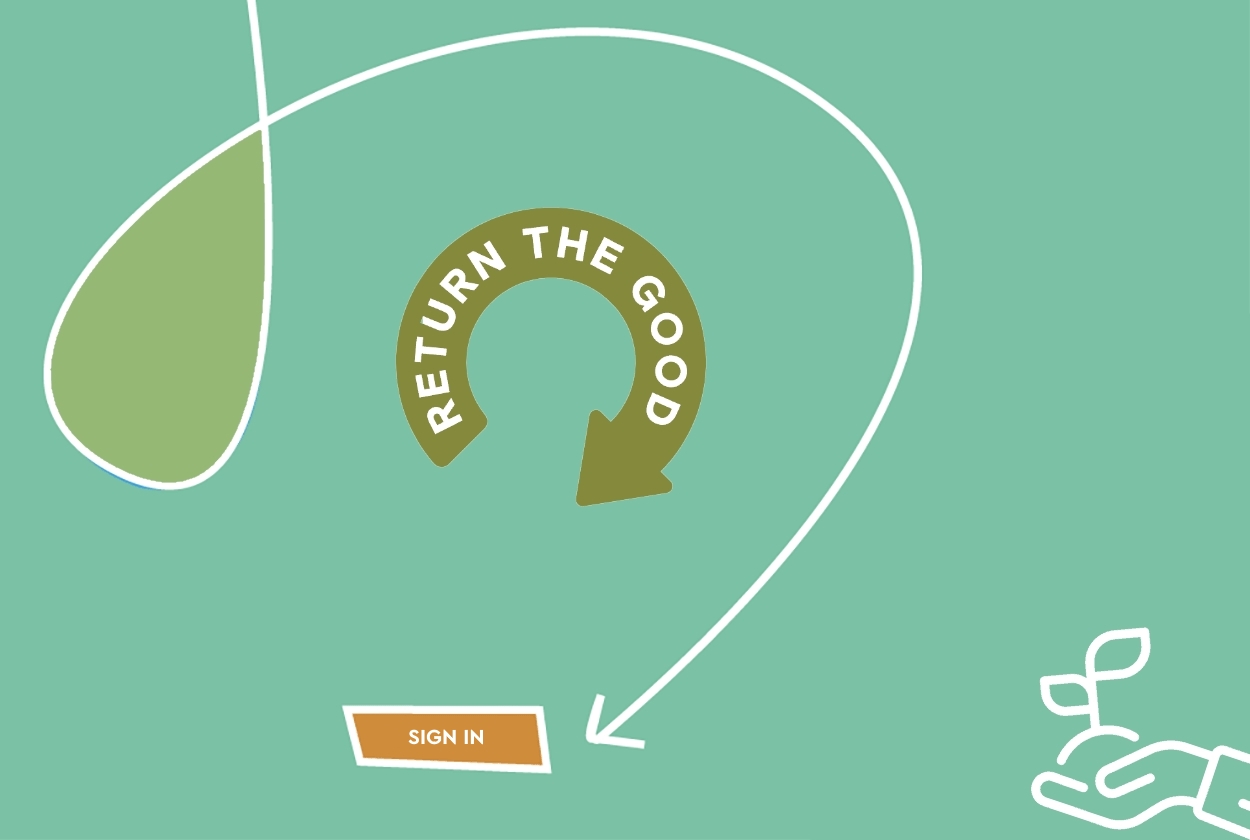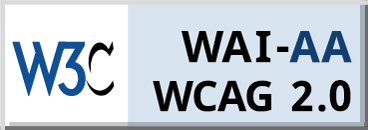Funded Program: BIOREGIO

Regional circular economy models and best available technologies for biological streams (BIOREGIO)
Objectives:
- Improving knowledge about the circular economy of organic currents and bio-economy
- Increasing the recycling rate of biomaterials
- e.g. food waste, municipal and industrial sludge and agricultural waste
- Transfer of know-how:
- Collaboration models, e.g. ecosystems, network cooperation and administrative cooperation
- Optimal technologies available, e.g. biorefining, biogas production
Improving regional policies through increased focus on the circular economy of organic currents.
Actions:
- Joint development of policy tools
- Identification of optimal practices in the circular economy of organic currents and bio-economy
- Collaboration models
- Optimal technologies available
- Description of regional organic currents
More precisely:
- Regional meetings of the Local Group of Stakeholders
- Interregional events:
- round table discussions,
- seminars and
- on-site visits
- Regional diffusion events
Local Stakeholder Group:
The Local Stakeholder Group (LSG) meets every six months and includes:
- Stakeholders of public interest
- MOU SA
- Solid Waste Management Agencies
- Regional Association of Municipalities
- Companies
- Biogas Lagada
- KONVA
- ANAKEM
- ANATOLIKI SA
- Chambers / Research centers
- Technical Chamber of Greece / Section of Central Macedonia
- Thessaloniki Chamber of Commerce and Industry
- Hellenic-American Chamber
- Centre for Research & Technology Hellas
Project approach:
BIOREGIO will improve the performance of regional development policies through three levels of activities:
- JOINT DEVELOPMENT
- Joint analysis, thematic studies, common optimal methodologies for reporting optimal practices, expert work, policy guidelines
- REGIONAL COOPERATION
- Actions of the local stakeholder group in conjunction with interregional actions
- INTERREGIONAL COOPERATION
- Workshops, roundtable discussions, seminars, site visits
- Learning and skills development through interregional actions
- Active involvement of the groups of stakeholders
Results:
- Improving policy tools
- Funding new projects affecting the management of these tools that affect the strategic focus
- Partner regions will be better equipped to develop new policies and apply new technologies and models to apply the principles of the circular economy of organic currents
- Increased professional potential
- Developing innovations related to saving natural resources and green growth
- Deepening and developing regional cooperation as well as raising public awareness
The project scheme includes a total of eight (8) partners, from six (6) European countries:
- Lahti University of Applied Sciences (Finland)
- Regional council of Paijat-Hame (Finland)
- Deputy Regional Ministry for Environment (Spain)
- Letter of Support: Regional Government of Castilla-La Mancha
- Slovak University of Agriculture (Slovakia)
- Letter of Support: Nitra self-governing region
- Aristotle University Thessaloniki (Greece)
- Region of Central Macedonia (Greece)
- National Research and Development Institute for Chemistry and Petrochemistry, Calarasi Subsidiary (Romania)
- Letter of Support: Ministry of Regional Development and Public Administration
- Association of the Chambers of Agriculture of the Atlantic Area (France)
- Letter of Support: Regional Council of Pays de la Loire
Project Information
| Budget Project: | € 1,550,000.00 and will be co-financed by the European Program Interreg Europe. Funding from the European Regional Development Fund: 85% |
|---|---|
| Duration: | Its duration is 5 years |
| More information: | https://www.interregeurope.eu/bioregio/ |





